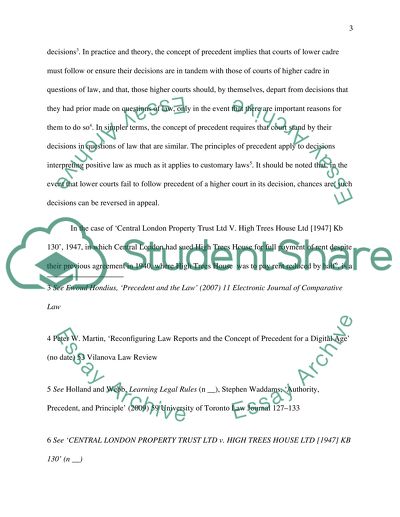Cite this document
(“Explain the concept of precedent, making specific reference to the Essay”, n.d.)
Explain the concept of precedent, making specific reference to the Essay. Retrieved from https://studentshare.org/law/1463500-explain-the-concept-of-precedent-making-specific
Explain the concept of precedent, making specific reference to the Essay. Retrieved from https://studentshare.org/law/1463500-explain-the-concept-of-precedent-making-specific
(Explain the Concept of Precedent, Making Specific Reference to the Essay)
Explain the Concept of Precedent, Making Specific Reference to the Essay. https://studentshare.org/law/1463500-explain-the-concept-of-precedent-making-specific.
Explain the Concept of Precedent, Making Specific Reference to the Essay. https://studentshare.org/law/1463500-explain-the-concept-of-precedent-making-specific.
“Explain the Concept of Precedent, Making Specific Reference to the Essay”, n.d. https://studentshare.org/law/1463500-explain-the-concept-of-precedent-making-specific.


